In this episode, we discuss the archaeological evidence for the early "Dark Age" during the 11th and 10th centuries BC, particularly at the site of Nichoria in Messenia and the pottery of the Sub-Mykenaian and Protogeometic periods; the emigration of mainland Greeks to the Aegean islands and the western coast of Anatolia; and the first great author of ancient Greece, the mysterious Homer, who gives us insight into early Dark Age society and culture through his two great epic poems—the Iliad and the Odyssey
ca. 1200-1000 BC - following the collapse of the Mycenaean palace economy, famine and emigration set the stage for a massive population drop in Greece
ca. 1125-1050 BC - the period following the Mycenaean Period is known as Sub-Mycenaean since the pottery is still recognizably Mycenaean but much inferior in quality
ca. 1050-900 BC - renewed artistic vigor can be seen in the pottery of the Protogeometric style, so-called because the designs are simple abstract geometric shapes like horizontal and wavy lines, circles, and semicircles within bands around the neck and belly
ca. 1050-900 BC - Numerous waves of emigration began eastwards into the Aegean islands and the western coast of Anatolia (Aeolia and Ionia)
ca. 900 BC - weapons and tools were beginning to be made with iron (i.e. the Iron Age), foreign trade resumed (at a small scale), small villages began to appear, and populations began to inch upwards at a steady pace
ca. 850-750 BC - composition of Iliad and Odyssey by "Homer"
ca. 850-750 BC - composition of Iliad and Odyssey by "Homer"
Supplementary Resources (Videos, Photos, Other Podcasts)
Dark Age Greece
~~~~~~~~~~~~~~~~~~~~~~~~~~~~~~~~~~~~~~~~~~~~~~~~~~~~~~~~~~~~~~~~~~~~~~
Homer

***Discusses Homer and his two epic poems***
***Explores how the Homeric epics may have been remembered and transmitted***
~~~~~~~~~~~~~~~~~~~~~~~~~~~~~~~~~~~~~~~~~~~~~~~~~~~~~~~~~~~~~~~~~~~~~~
The Trojan War and Homer's Iliad
Podcast/Peerless (Part One) (Deep into History) - Trojan War myth (part one)
Podcast/Peerless (Part Two) (Deep into History) - Trojan War myth (part two)
Podcast/Hero (Part One) (Myth Dynamite) - Trojan War myth (part one)
Podcast/Hero (Part Two) (Myth Dynamite) - Trojan War myth (part two)
Video/The Iliad (Overly Sarcastic Productions)
Video/What's the Point of the Iliad? (Overly Sarcastic Productions)
Video/What's the Point of the Iliad? (Overly Sarcastic Productions)
Video/Achilles and Lycaon: Iliad Book 21 (Foxwede History)
***Discussion of the main themes and lessons of Homer's Iliad***
~~~~~~~~~~~~~~~~~~~~~~~~~~~~~~~~~~~~~~~~~~~~~~~~~~~~~~~~~~~~~~~~~~~~~~
Homer's Odyssey
***Two episodes that discuss Odysseus' various character flaws***
***Discussion on what the ancient Greeks believed about the journey of Odysseus and the search behind historical places and events in the myths***
Podcast/Homeward Bound (Myth Dynamite) - discussion of Nostos concept in Greek myth
***Discussion of Demodocus, Trojan Horse, and Homer's Meta-Epic***
Podcast/Blind Love (Part One) (Myth Dynamite) - Cyclopes / Polyphemus myth (part one)
Podcast/Blind Love (Part Two) (Myth Dynamite) - Cyclopes / Polyphemus myth (part two)
Podcast/I Am Woman (Part One) (Myth Dynamite) - Penelope myth (part one)
Podcast/I Am Woman (Part Two) (Myth Dynamite) - Penelope myth (part two)
***Includes Odysseus' return to Ithaca***


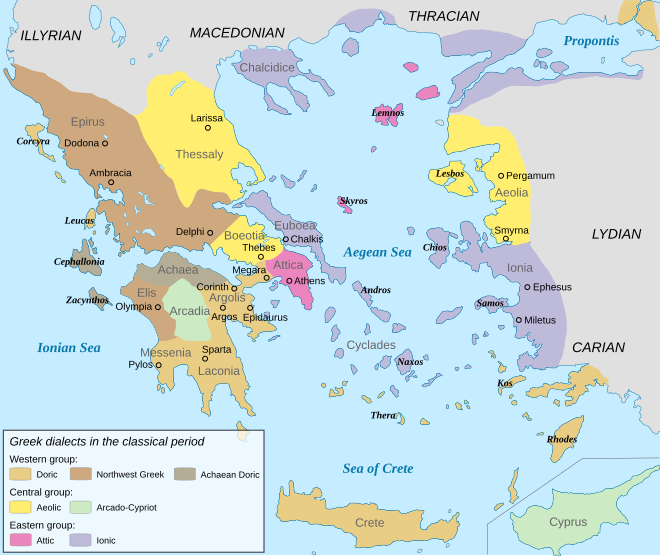

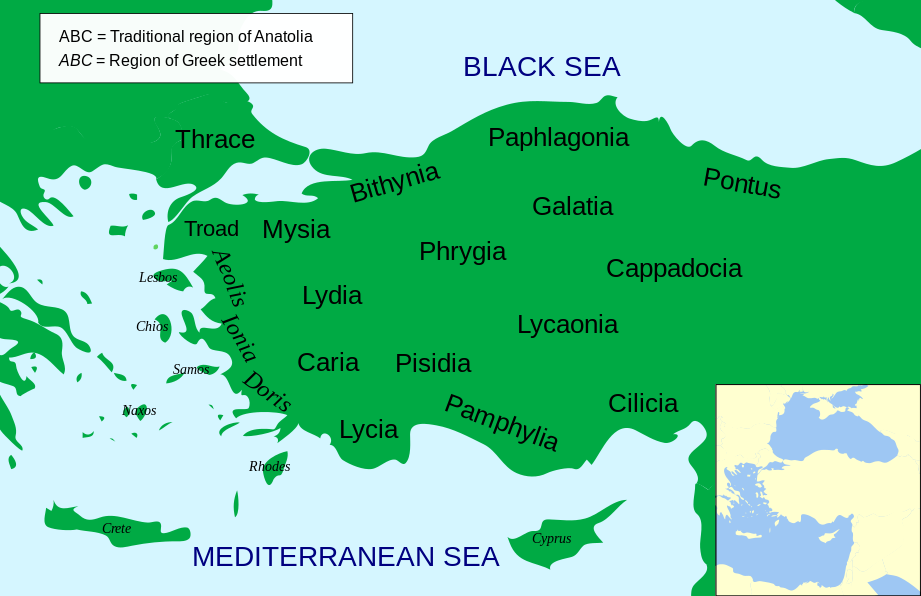
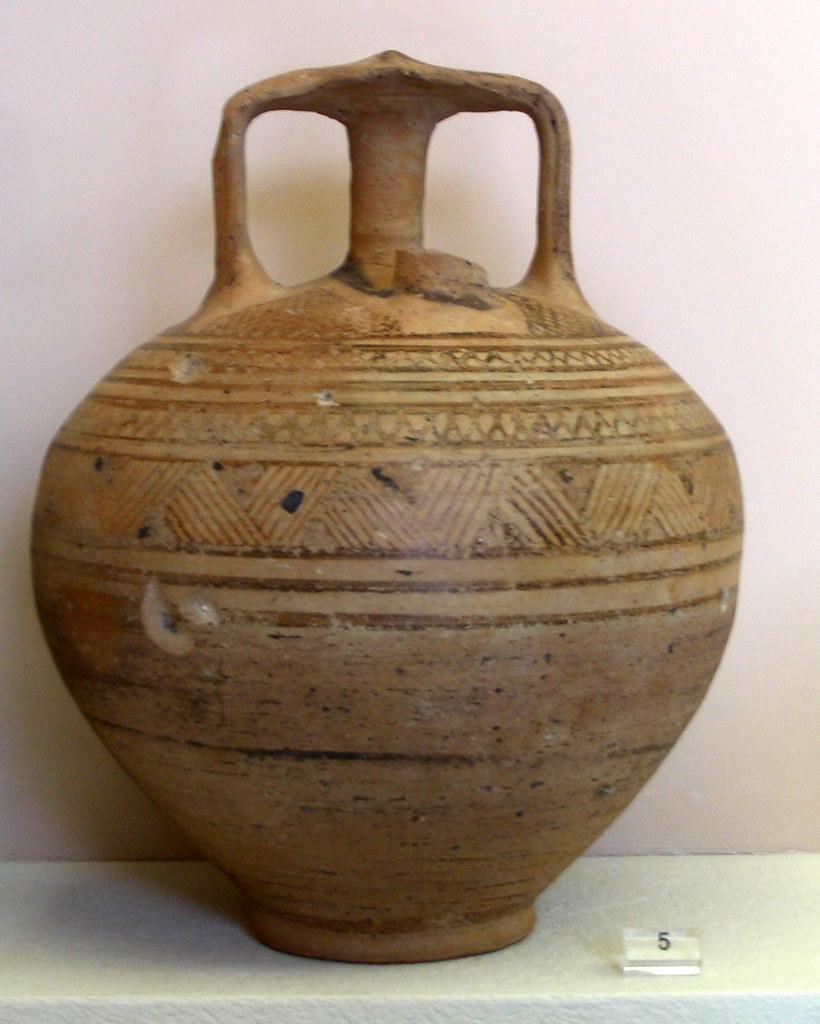
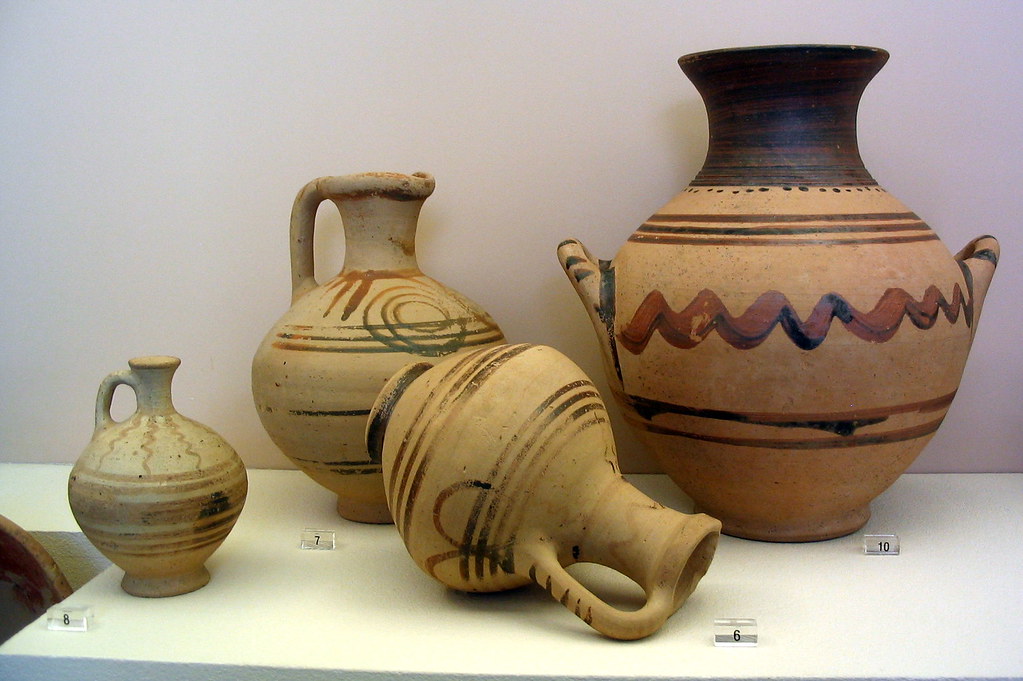
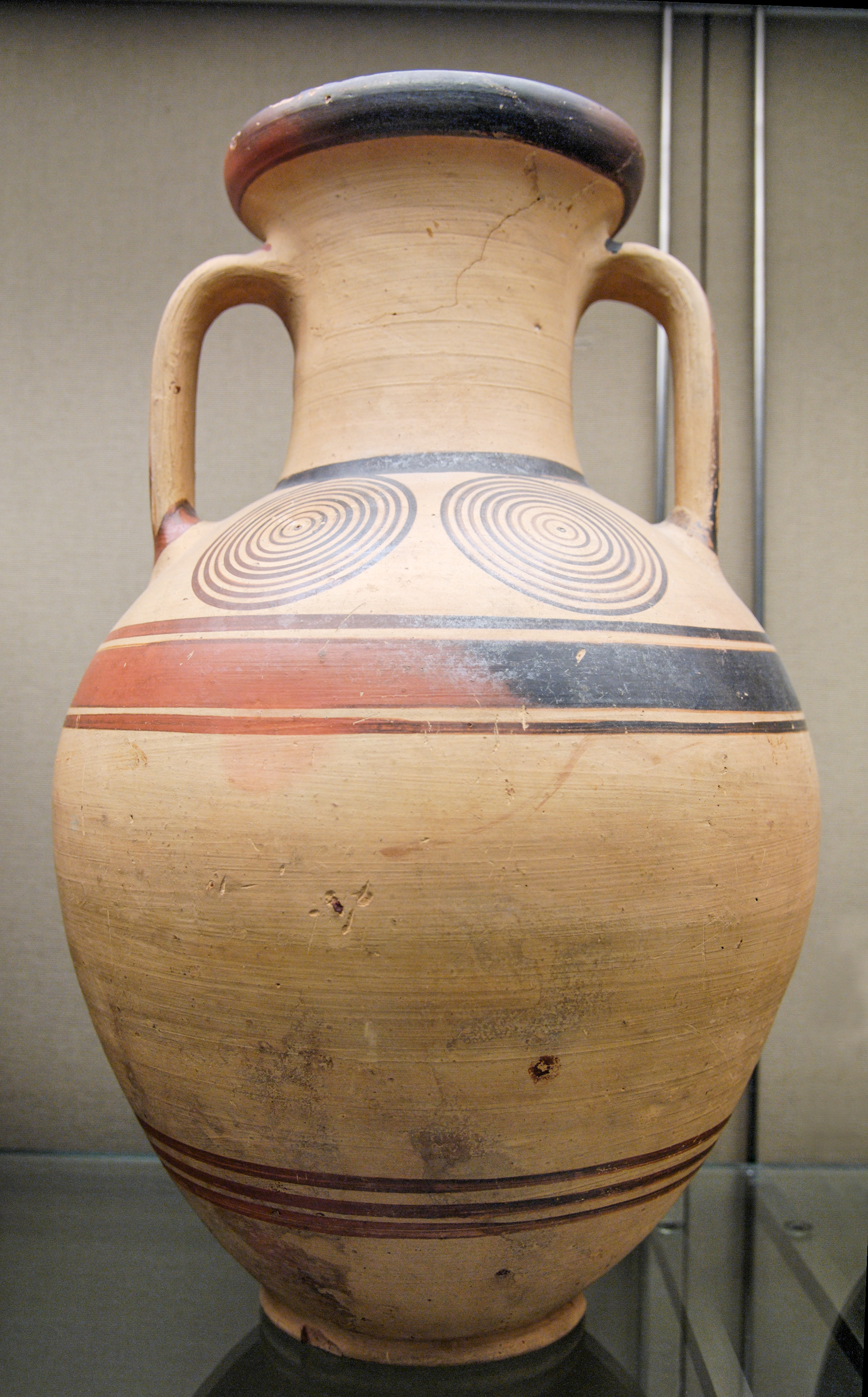


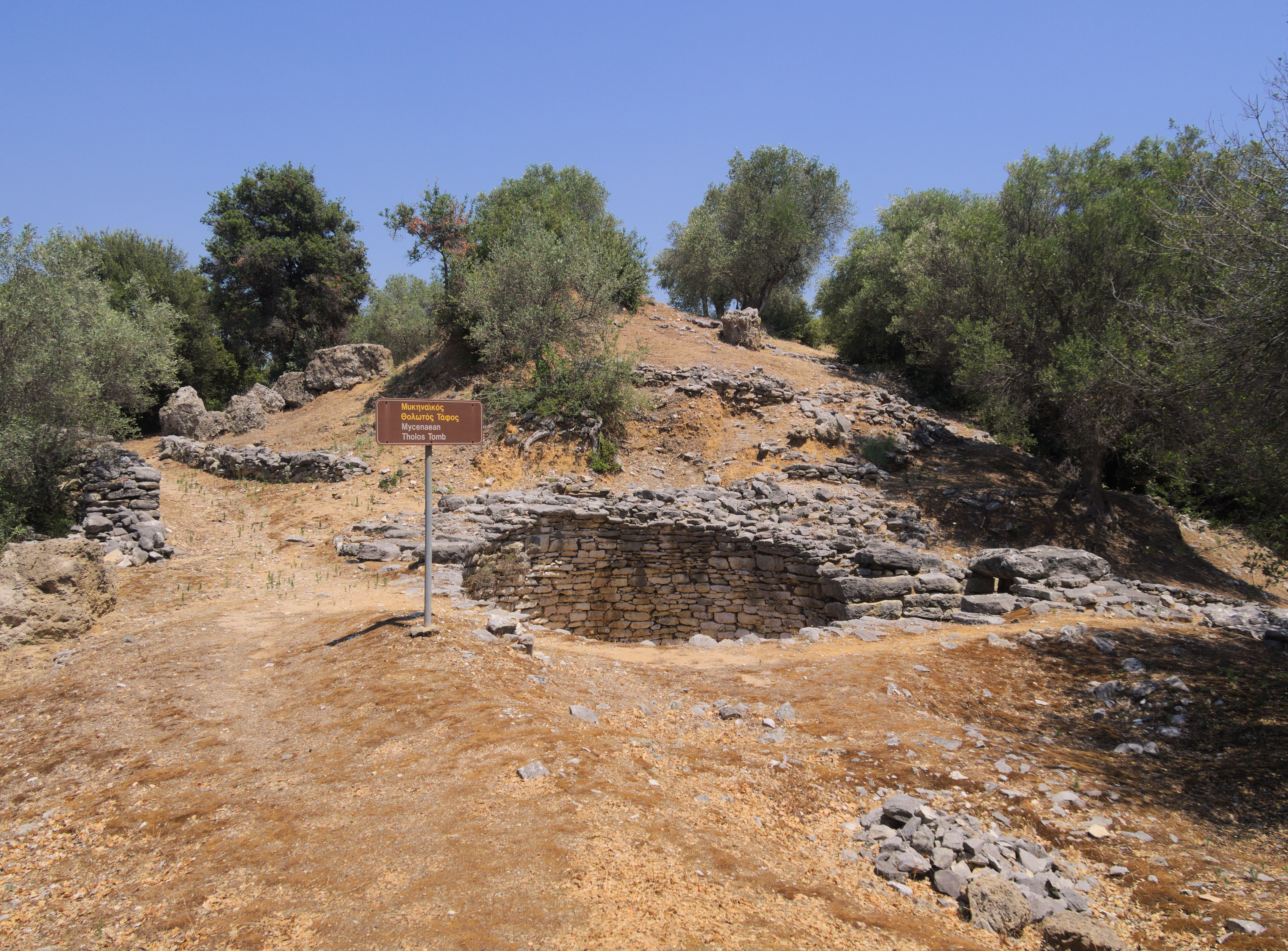
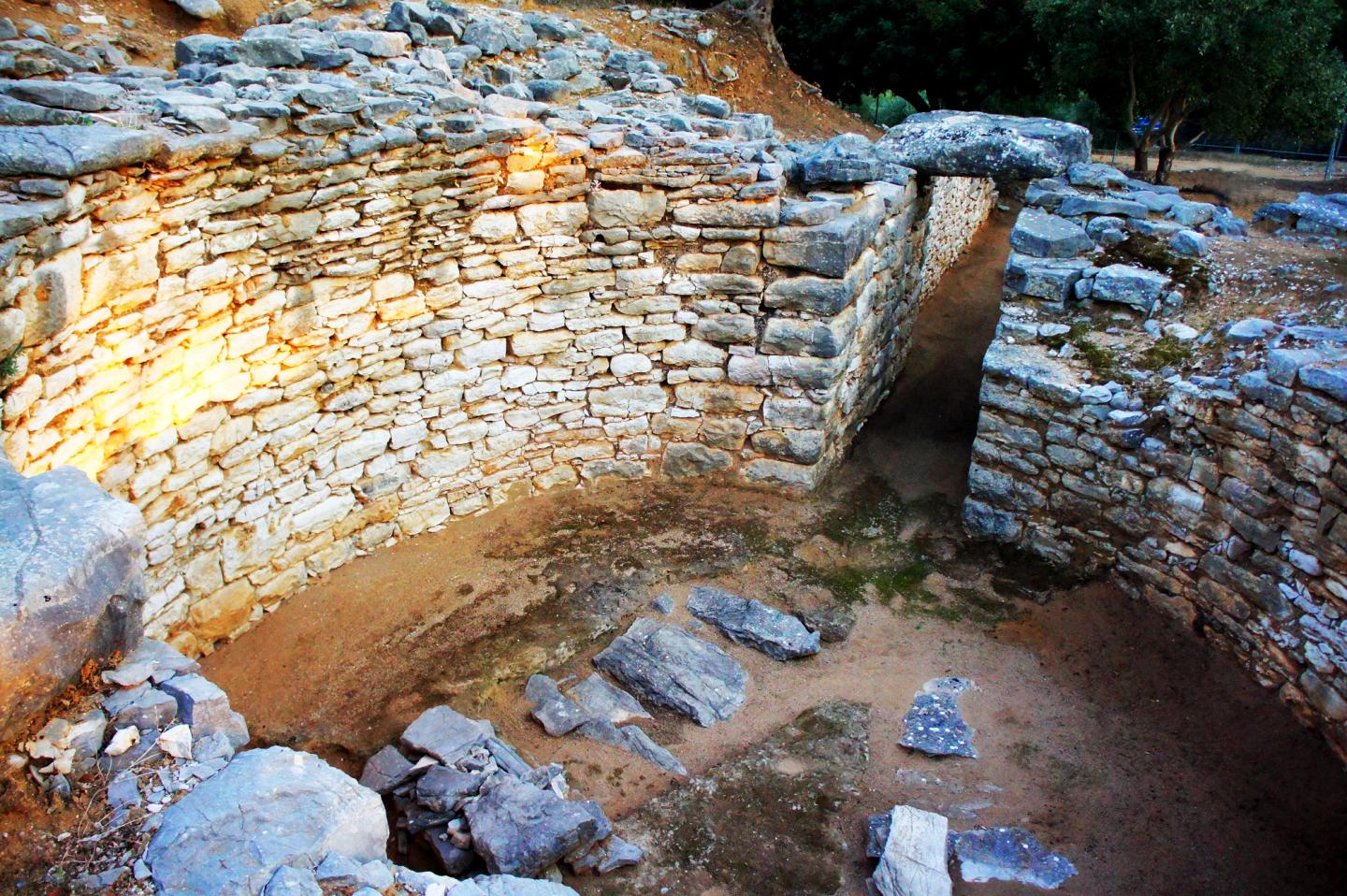

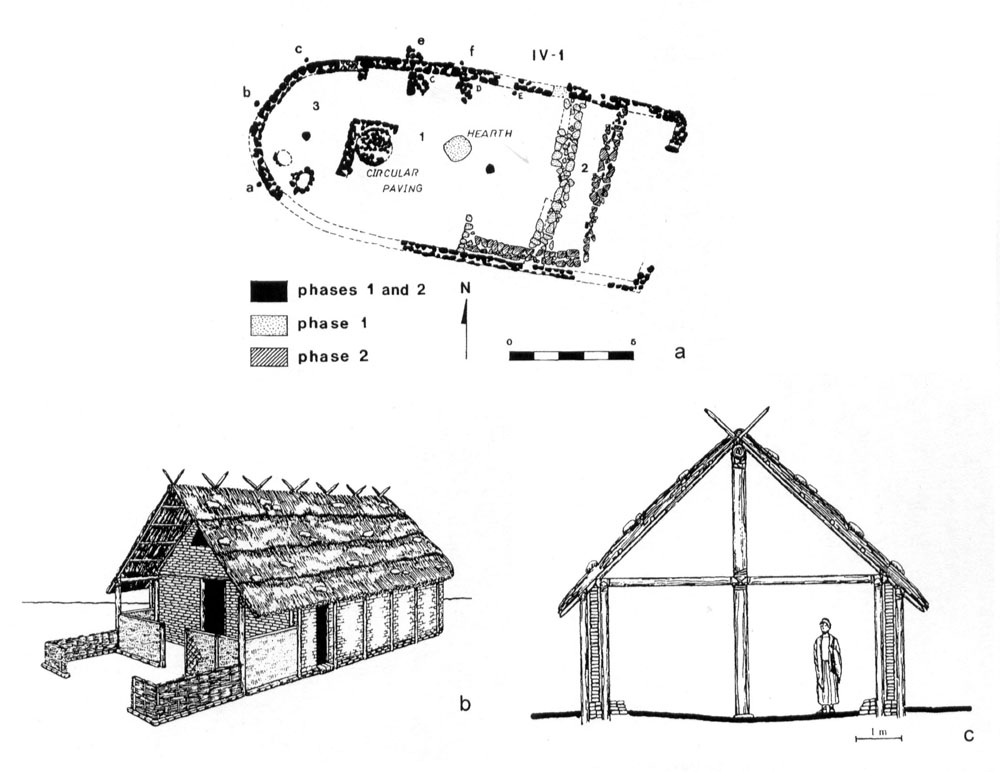
No comments:
Post a Comment